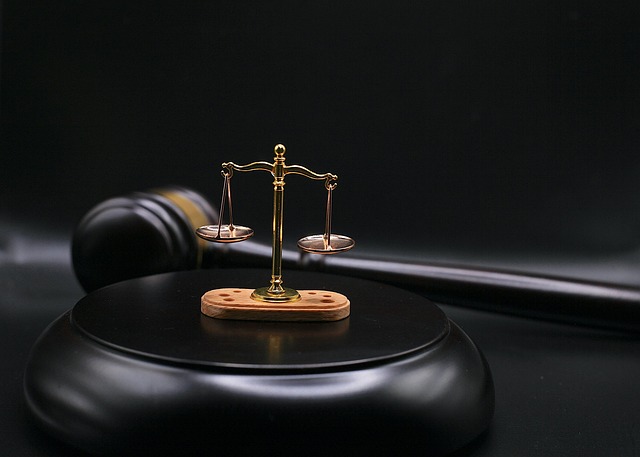Judicial Recusal: Navigating Impartiality in Modern Courts
Introduction: In an era of increasing scrutiny on judicial conduct, the practice of judicial recusal has gained paramount importance. This article delves into the complexities of judicial disqualification, exploring its historical roots, current trends, and the challenges faced by courts in maintaining public trust and fairness in legal proceedings.

Modern Recusal Standards and Procedures
Today, judicial recusal is governed by a complex web of statutes, ethical codes, and case law. In the United States, 28 U.S.C. § 455 outlines the circumstances under which federal judges must disqualify themselves, including personal bias, financial interest, or prior involvement in a case. Many states have adopted similar standards, often based on the American Bar Association’s Model Code of Judicial Conduct. These rules aim to preserve both actual impartiality and the appearance of impartiality, recognizing that public perception of judicial fairness is crucial to maintaining the integrity of the legal system.
Challenges in Applying Recusal Standards
Despite clear guidelines, applying recusal standards in practice can be challenging. Judges must balance the need for impartiality against the duty to hear cases assigned to them. This tension is particularly evident in high-profile or politically charged cases, where public scrutiny is intense. Moreover, the increasing complexity of modern financial instruments and corporate structures has made it more difficult for judges to identify potential conflicts of interest. Some jurisdictions have responded by implementing more stringent disclosure requirements and automated conflict-checking systems.
The Impact of Social Media and Public Perception
The rise of social media has added a new dimension to judicial recusal considerations. Judges’ online activities, including social media connections and public comments, can now create the appearance of bias or conflicts of interest. This has led to debates about the appropriate boundaries of judicial conduct in the digital age. Some jurisdictions have issued guidelines on judges’ use of social media, while others have taken a more restrictive approach, discouraging or prohibiting judicial engagement on these platforms altogether.
Recusal in International and Specialized Courts
The principle of judicial recusal extends beyond national borders, playing a crucial role in international tribunals and specialized courts. The International Court of Justice, for example, allows judges to recuse themselves or face disqualification if they have previously been involved with a case in any capacity. In specialized courts, such as those dealing with intellectual property or maritime law, the challenge of finding truly impartial judges with the necessary expertise can be particularly acute. These courts often develop unique recusal procedures to address their specific contexts.
The Future of Judicial Recusal: Transparency and Technology
As the legal landscape continues to evolve, so too must the practice of judicial recusal. There is a growing push for greater transparency in the recusal process, with some advocating for public disclosure of judges’ financial interests and potential conflicts. Technology is also playing an increasingly important role, with artificial intelligence tools being developed to assist in identifying potential conflicts of interest. However, these advancements raise new questions about privacy and the appropriate balance between transparency and judicial independence.
In conclusion, judicial recusal remains a critical safeguard of judicial impartiality and public trust in the legal system. As courts navigate the complexities of modern society, the principles underlying recusal must be continually reexamined and refined to ensure that justice is not only done but is seen to be done. The ongoing evolution of recusal practices reflects the legal system’s commitment to adapting to new challenges while upholding its fundamental principles of fairness and impartiality.





